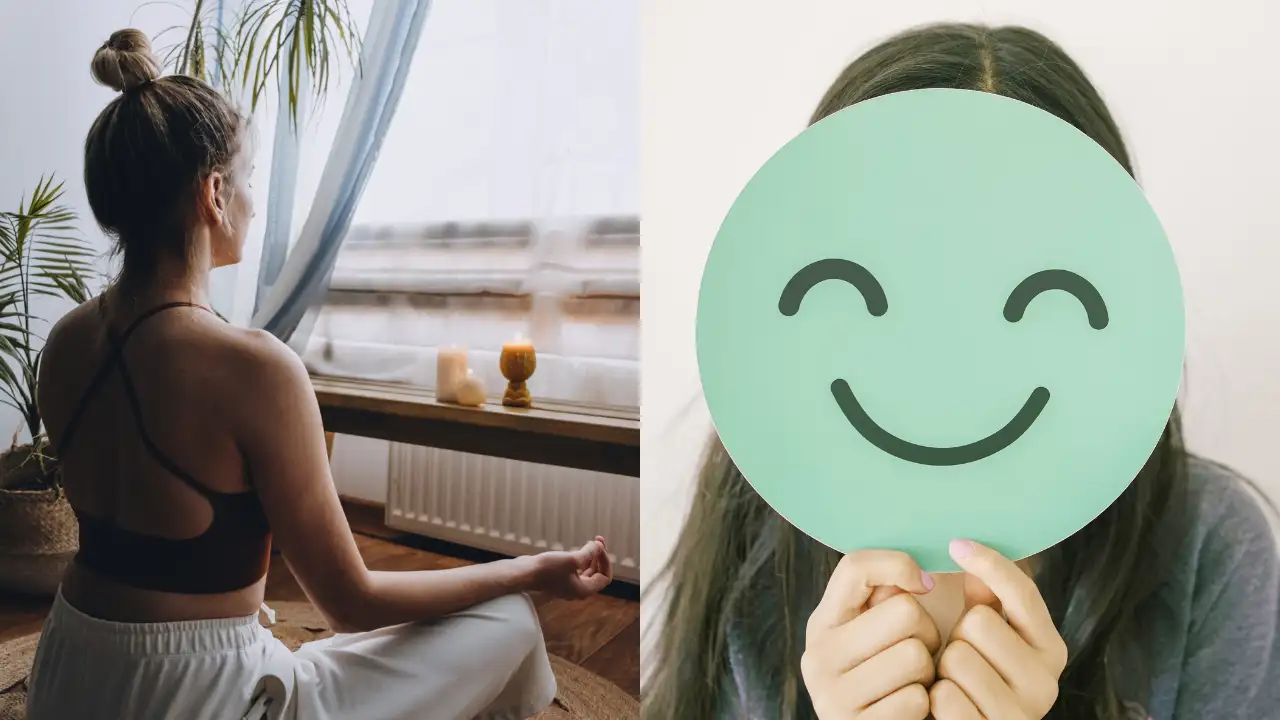By Supriya Ramesh
Even with headlines celebrating mental-health wins, many still walk into therapy sessions carrying myths heavier than their symptoms. These myths feel reasonable, culturally familiar, and powerful enough to delay healing. Despite greater awareness, misinformation continues to thrive, sometimes dressed as well-meaning advice or inherited wisdom. Myth 1: Technology is the root of all mental health issues “Yes, doom-scrolling erodes attention,” says Shruti Padhye, Senior Psychologist at Mpower, Aditya Birla Education Trust, “yet teletherapy, AI chat support, and VR exposure tools now reach villages where psychiatrists are scarce.” She adds, “The problem isn’t screens; it’s guidance.” Instead of villainising technology, she suggests that we leverage it with care and support. Myth 2: Strong people don’t need therapy According to Padhye, this belief is common across all demographics. “I’ve watched surgeons sob after decades of bottled grief. Therapy isn’t weakness; it’s skilled self-maintenance.” She explains that seeking help is not a sign of failure but an act of strength: “Working on yourself is one of the brave steps one takes towards mental wellbeing.” Myth 3: Children are too young for mental illness Padhye also says that many parents underestimate the emotional weight children carry today. “I treat seven-year-olds with panic attacks shaped by cyberbullying and academic fear. Early care rewires futures; dismissal cements distress.” Early intervention, she stresses, can change the trajectory of a child’s life. Myth 4: Medication should be a last resort This misconception spans generations. “Modern psychopharmacology targets symptoms precisely and often prevents suicide,” says Padhye. “Pills don’t cancel personality; they create space for it to return.” Myth 5: Burnout is just a time-management issue “Burnout stems less from calendars and more from emotional labour, blurred boundaries, and leaders who reward exhaustion,” Padhye explains. She urges a shift in focus from productivity apps to psychological safety. “Each myth sounds half-true, which makes it dangerous,” she concludes. “Inside that sliver of plausibility, people postpone help, families fracture, and suffering deepens. My plea is simple: trade myth for mindful curiosity, replace stigma with science, and choose compassion over silent endurance.” Adding to the conversation is Ashish Pillay, psychologist, who also sees how damaging these long-standing beliefs can be. “One of the biggest misconceptions is that therapy is only for ‘serious’ problems,” he says. “Many people wait until they’re overwhelmed before reaching out. In truth, therapy is also for growth, clarity, and learning how to cope.” Myth 6: Talking about mental health is a sign of weakness “On the contrary,” says Pillay, “it takes incredible strength to be honest about how you’re feeling. Vulnerability is not weakness—it’s courage.” Myth 7: Medication is shameful or a shortcut Pillay compares it to physical health treatment. “Just like insulin for diabetes, mental health medication can be life-saving. It’s not a shortcut—it’s part of a full, compassionate care plan.” Myth 8: People with mental health issues ‘look’ a certain way “Many suffer silently behind smiles,” Pillay adds. “Pain doesn’t always wear a label.” Myth 9: You can ‘snap out of it’ by thinking positively And finally, Pillay debunks the toxic positivity trap. “We must stop telling people to ‘just be positive’ or ‘snap out of it.’ Mental health struggles aren’t about attitude—they’re about care, support, and healing.”
